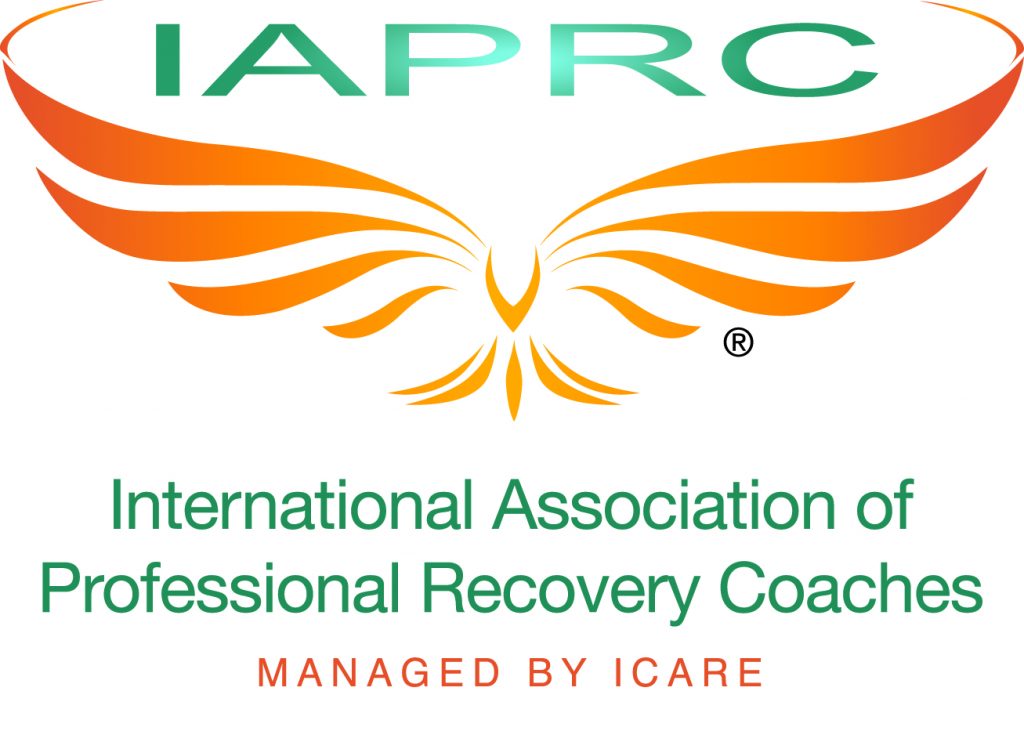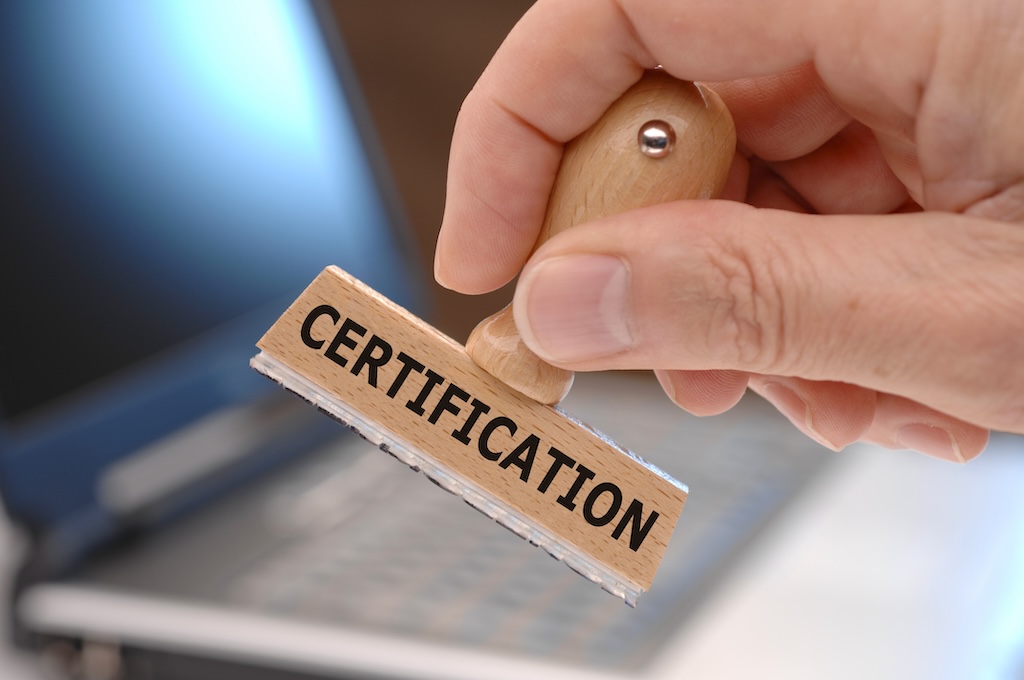A recovery peer specialist is someone who uses their personal experience of recovery from mental health or substance use issues to help others who are struggling with similar challenges. Recovery peer specialists can provide emotional support, practical guidance, advocacy, and hope to their peers. They can also serve as role models and mentors, showing that recovery is possible and empowering others to take charge of their own wellness.
If you are interested in becoming a recovery peer specialist, you may wonder what steps you need to take to get certified. Certification is a way of demonstrating your competence and credibility as a peer support provider. It can also open up more opportunities for employment and career advancement in the behavioral health field.

Recovery Peer Specialist Certification Requirements
The requirements for certification vary by state, but they generally include some combination of the following:
- Education: You need to have at least a high school diploma or equivalent to apply for certification. Some states may also require some college credits or a degree in a related field.
- Training: You need to complete a state-approved training program that covers the core competencies of peer support, such as recovery principles, ethics, communication skills, cultural competence, and trauma-informed care. The duration and content of the training may differ by state, but it typically ranges from 40 to 80 hours.
- Experience: You may need to have a certain amount of supervised work or volunteer experience as a peer support provider. The amount of experience may depend on your level of education and the type of certification you are seeking. For example, some states offer different credentials for adult, family, youth, and veteran peer specialists.
- Examination: You may need to pass a written or online exam that tests your knowledge and skills in peer support. The exam may be administered by a state agency, a national organization, or a third-party vendor. Some states may also require an oral exam or a portfolio review.
- Application: You may need to submit an application to the certifying body, along with the required documentation, fees, and references. You may also need to sign a code of ethics and a statement of lived experience, attesting to your personal recovery journey and your eligibility for certification.

Find out if this career track is for you!
To find out the specific requirements for your state, you can use the State Certification Database from the Peer Recovery Center of Excellence. This directory contains information regarding the training and certification processes for all 50 U.S. states, 5 U.S. territories, and the District of Columbia.
Becoming a certified recovery peer specialist can be a rewarding and fulfilling career path for anyone who wants to use their lived experience to make a difference in the lives of others. By getting certified, you can enhance your professional skills, increase your employability, and join a network of peers who share your passion and vision for recovery. We have recently launched certification for this role.
This ALL NEW blended learning program meets the requirements of the Florida Certification Board for the (CRPS) Certified Recovery Peer Specialist credential. The Florida CRPS also qualifies credential holders for new National Standards (NCPS) National Certified Peer Specialist issued by the National Certification Board for Behavioral Health Professionals.
Join us!
Follow us on FaceBook at Recovery Coach Training!
Join us on LinkedIn under our ICARE Umbrella!

